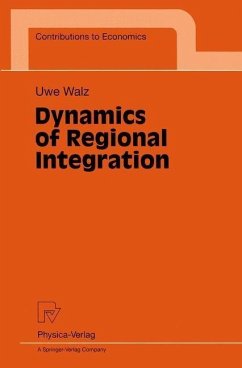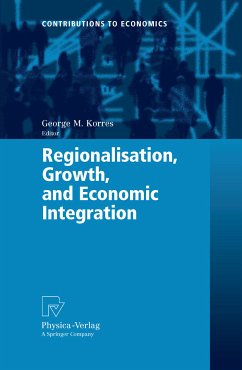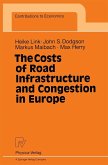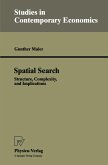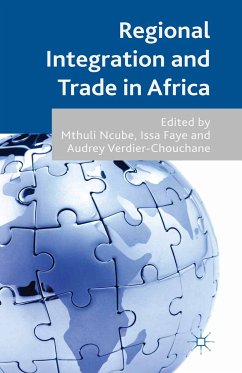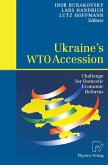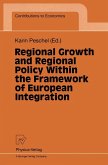Deepening and enlarging regional integration blocs is high on the political agenda, as can be seen most notably in the last decade of the European in tegration process. The effects of this process have been studied extensively. But, until recently, these studies have been limited to the theoretical anal ysis of static effects of regional integration. The revival of growth theory has, however, in principle provided a set of models and tools which allow to investigate the dynamic effects of regional integration. At the same time, the "new regional economics" (or economic geography) literature allowing to focus on the special features of regional integration and integration blocs has emerged. The aim of this study is to merge endogenous growth approaches with "new regional economics" models in order to investigate various aspects of the long-run effects of regional integration in a dynamic general equilibrium framework. It is needless to say that such an analysis can cover only selected issues and leaves others aside. It is the purpose of the present study, how ever, to look at both types of regional integration: the dynamic effects of a deepening of the integration process as well as of an enlargement of the integration bloc. This is done on the basis of an investigation of empirical regularities of regional developments in an integration bloc (mainly in the European Union).
Dieser Download kann aus rechtlichen Gründen nur mit Rechnungsadresse in A, B, BG, CY, CZ, D, DK, EW, E, FIN, F, GR, HR, H, IRL, I, LT, L, LR, M, NL, PL, P, R, S, SLO, SK ausgeliefert werden.

